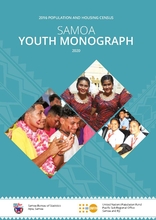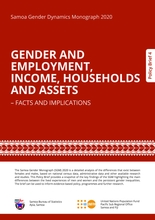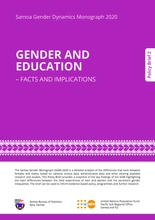The ICPD PoA agreed upon in Cairo in 1994 outlined a 20-year programming plan, based on five-year cycles. As this initial cycle comes to an end, the UN General Assembly Resolution 65/234 in April 2011 extends the life of the ICPD PoA and key actions, for its further implementation beyond 2014. This 5th cycle aims to see through the full realization of the ICPD PoA goals and objectives.
The focus areas for the UNFPA Pacific Sub-Regional Office for this new programme cycle are:
- Strengthening national capacity to deliver quality family planning and sexual and reproductive health services, information, commodities and community-based interventions for family resource management;
- Strengthening national capacity of national health care providers to address gender-based violence through provision of relevant quality health services, including in humanitarian settings;
- Strengthening national capacity for availability, quality sexual and reproductive health services and information, including family planning and HIV/sexually transmitted infections prevention, for young people; and
- Strengthening national capacity for availability, analysis and utilization of data for informed decision-making and policy formulation around population dynamics, youth, gender equality and sexual and reproductive health, including family planning.

The UNFPA Pacific Sub-Regional Office also strives to:
- Enhance advocacy for population and development that supports family planning, addresses gender-based violence and engages youth for a sustainable and resourceful future of the families and communities in the Pacific;
- Cover 14 Pacific island countries and territories as a component of the United Nations Development Assistance Framework (UNDAF) for the Pacific Sub-Region; and
- Contribute to the UNDAF programme focus areas: (a) environmental management, climate change and disaster risk management; (b) gender equality; (c) poverty reduction and inclusive economic growth; (d) basic health and education services; and (e) governance and human rights, in line with national development priorities and the Pacific Plan.



